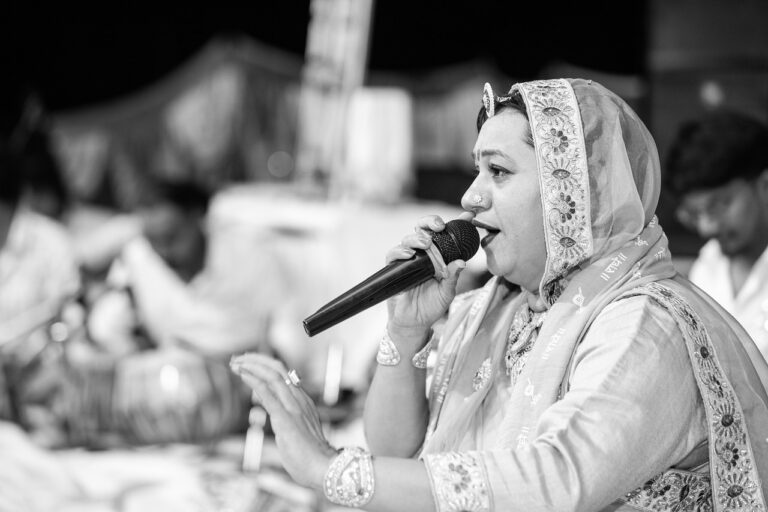Analyzing the Financial Disclosures of State-Level Political Campaigns: Sky247.net login, 11 x play game, Playexch 99 login
sky247.net login, 11 x play game, playexch 99 login: Analyzing the Financial Disclosures of State-Level Political Campaigns
As political campaigns ramp up across the United States, one crucial aspect that often goes unnoticed is the financial disclosures of state-level campaigns. Understanding how candidates raise and spend money can provide valuable insights into their priorities, alliances, and potential conflicts of interest. In this blog post, we will delve into the significance of analyzing financial disclosures of state-level political campaigns.
Importance of Financial Disclosures
Financial disclosures are critical for promoting transparency and accountability in politics. By making information about campaign contributions and expenditures public, voters can make informed decisions about the candidates they support. Furthermore, financial disclosures help identify any potential conflicts of interest that may arise if an elected official is beholden to certain donors or special interest groups.
Analyzing Financial Reports
When analyzing financial disclosures of state-level political campaigns, it is important to look at several key factors:
1. Sources of Funding: Examine where the candidate’s campaign funds are coming from. Are they mainly funded by individual donors, political action committees (PACs), or corporations? Understanding the sources of funding can provide insights into the candidate’s support base.
2. Expenditures: Take a close look at how the campaign is spending its money. Are funds being allocated towards advertising, staff salaries, or events? Understanding how campaign funds are being used can reveal the candidate’s priorities and strategies.
3. Trends Over Time: Compare the candidate’s financial disclosures over different reporting periods. Have there been any significant changes in fundraising or spending patterns? Identifying trends can help assess the campaign’s financial health and momentum.
4. Compliance with Regulations: Ensure that the candidate is following all legal requirements for reporting campaign finances. Any discrepancies or violations could raise red flags about the candidate’s integrity and trustworthiness.
5. Donor Influence: Investigate whether any donors have contributed significant amounts to the campaign. Are there any potential conflicts of interest if the candidate is elected? Understanding donor influence can shed light on the candidate’s potential allegiances.
6. Impact of Money in Politics: Consider the broader implications of money in politics on the democratic process. How does campaign fundraising and spending affect the fairness and integrity of elections? Analyzing financial disclosures can help illuminate the role of money in shaping political outcomes.
FAQs
Q: Are financial disclosures public information?
A: Yes, financial disclosures of state-level political campaigns are typically required to be made public and can be accessed through state election commission websites or other government portals.
Q: What should voters look for in financial disclosures?
A: Voters should pay attention to the sources of funding, expenditures, trends over time, compliance with regulations, donor influence, and the overall impact of money in politics on the electoral process.
Q: How can I stay informed about campaign finances?
A: Stay informed by regularly checking official websites, news outlets, and nonprofit organizations that track campaign finances, such as OpenSecrets.org or FollowTheMoney.org.
In conclusion, analyzing the financial disclosures of state-level political campaigns is essential for promoting transparency, accountability, and informed decision-making in elections. By scrutinizing campaign finances, voters can gain valuable insights into candidates’ priorities, alliances, and potential conflicts of interest. As we navigate the complex landscape of money in politics, staying vigilant and informed about campaign finances is crucial for ensuring a fair and democratic electoral process.







